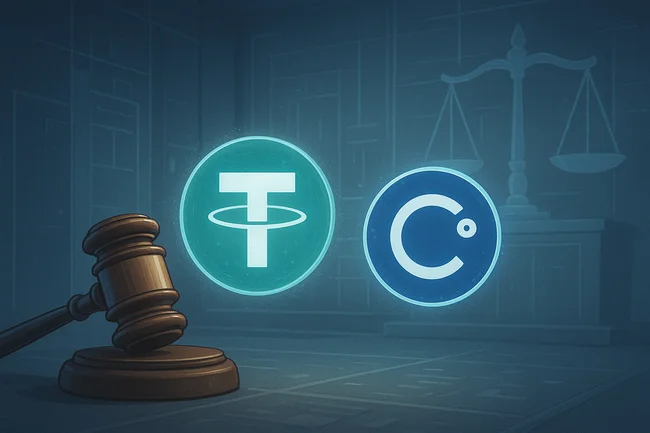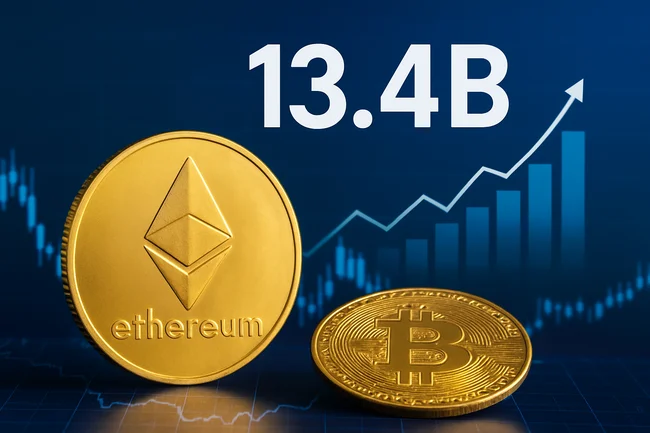Liquidity pool trading involves the use of a collection of funds locked in a smart contract that facilitates trading on decentralized exchanges. These pools are created by users who contribute their assets, providing liquidity that allows others to swap tokens without needing a traditional order book.When traders want to buy or sell assets, they interact with these pools. The prices are determined by an automated algorithm that balances the ratio of the tokens in the pool. As a result, traders can execute transactions anytime, without waiting for a buyer or seller.Participants who provide liquidity earn rewards in the form of transaction fees generated from trades occurring within the pool. However, there is a risk of impermanent loss, which occurs when the value of the tokens in the pool changes relative to holding them separately.Overall, liquidity pools enhance market efficiency and accessibility, allowing users to trade assets easily while incentivizing liquidity providers to contribute their funds.

Ripple, Absa Partner to Launch Digital Asset Custody in South Africa
Ripple has entered a strategic partnership with Absa Bank to provide digital asset custody services to customers in South Africa,



